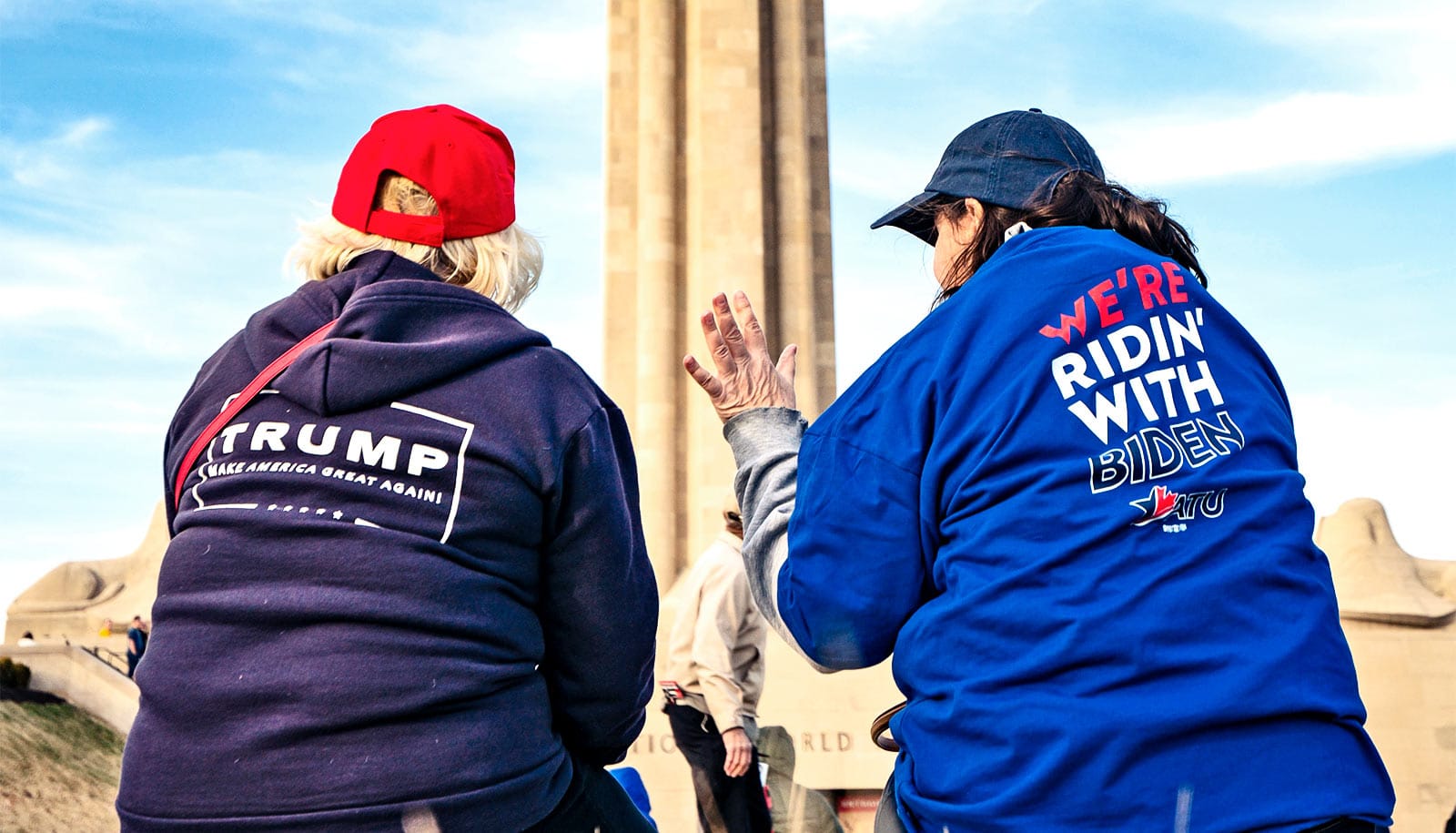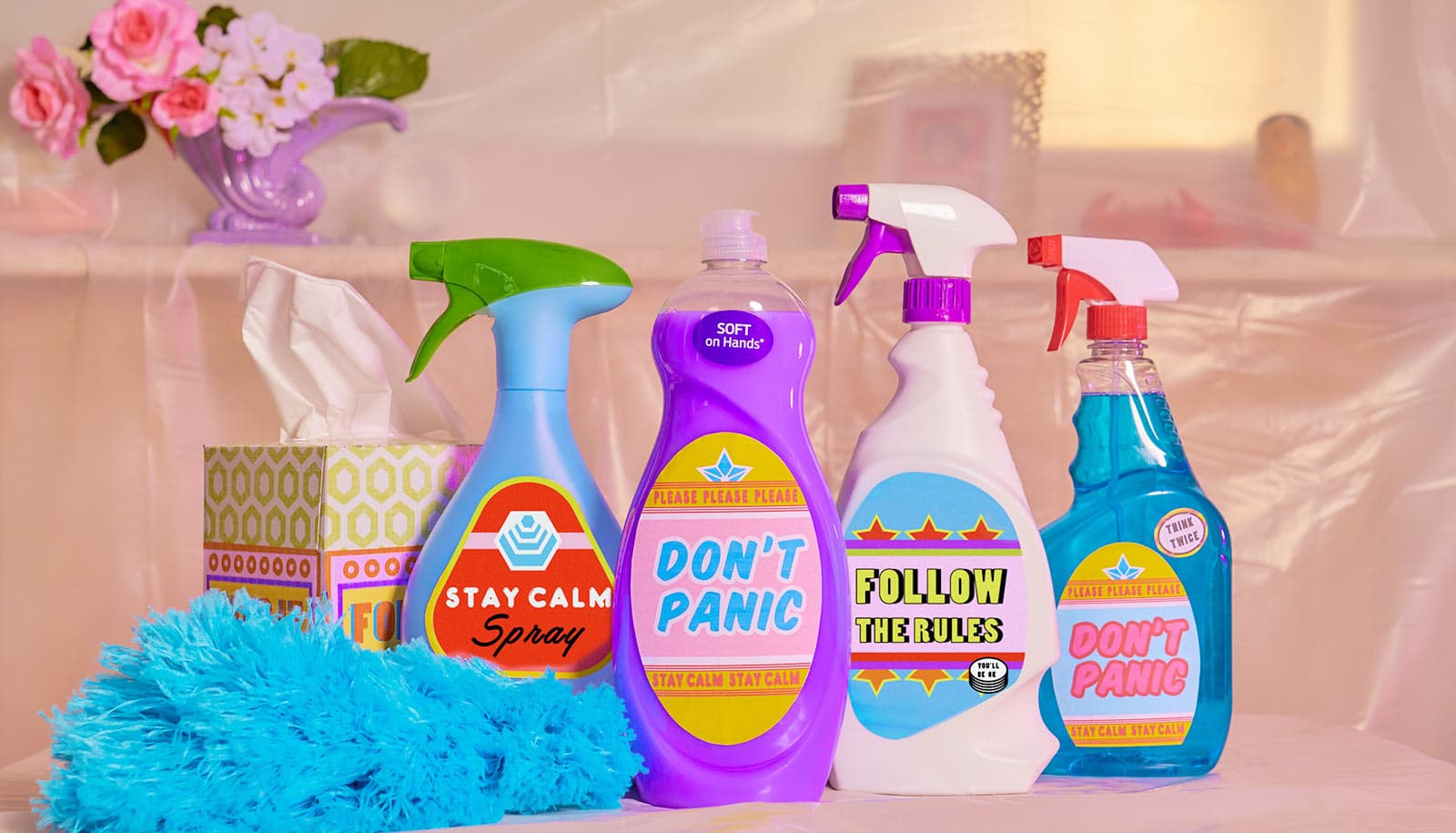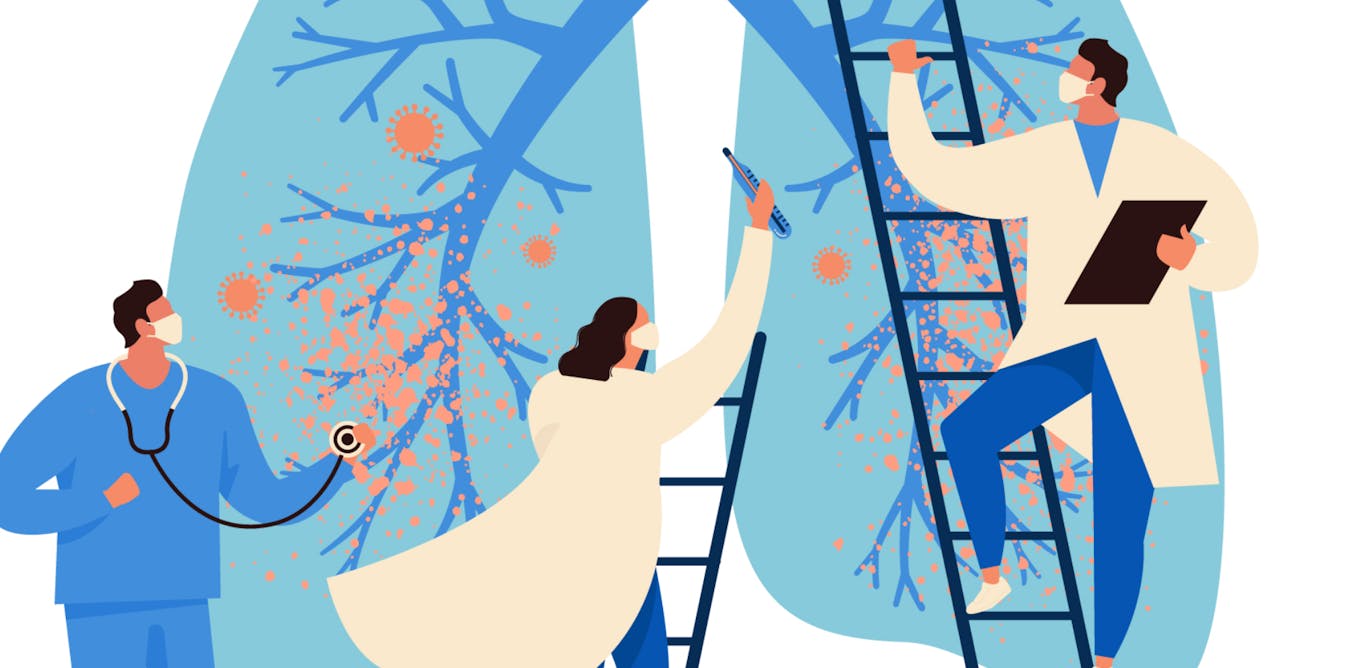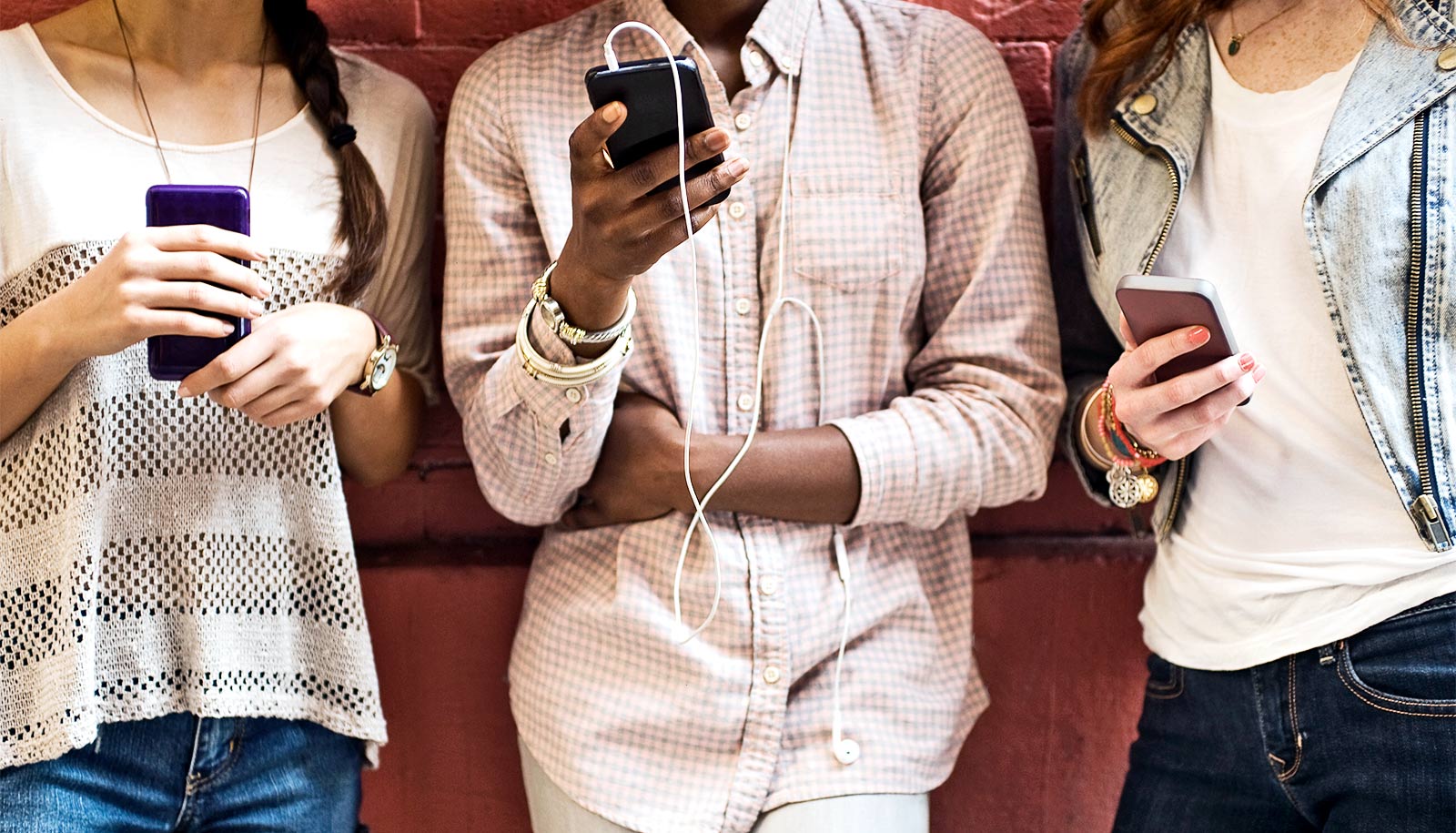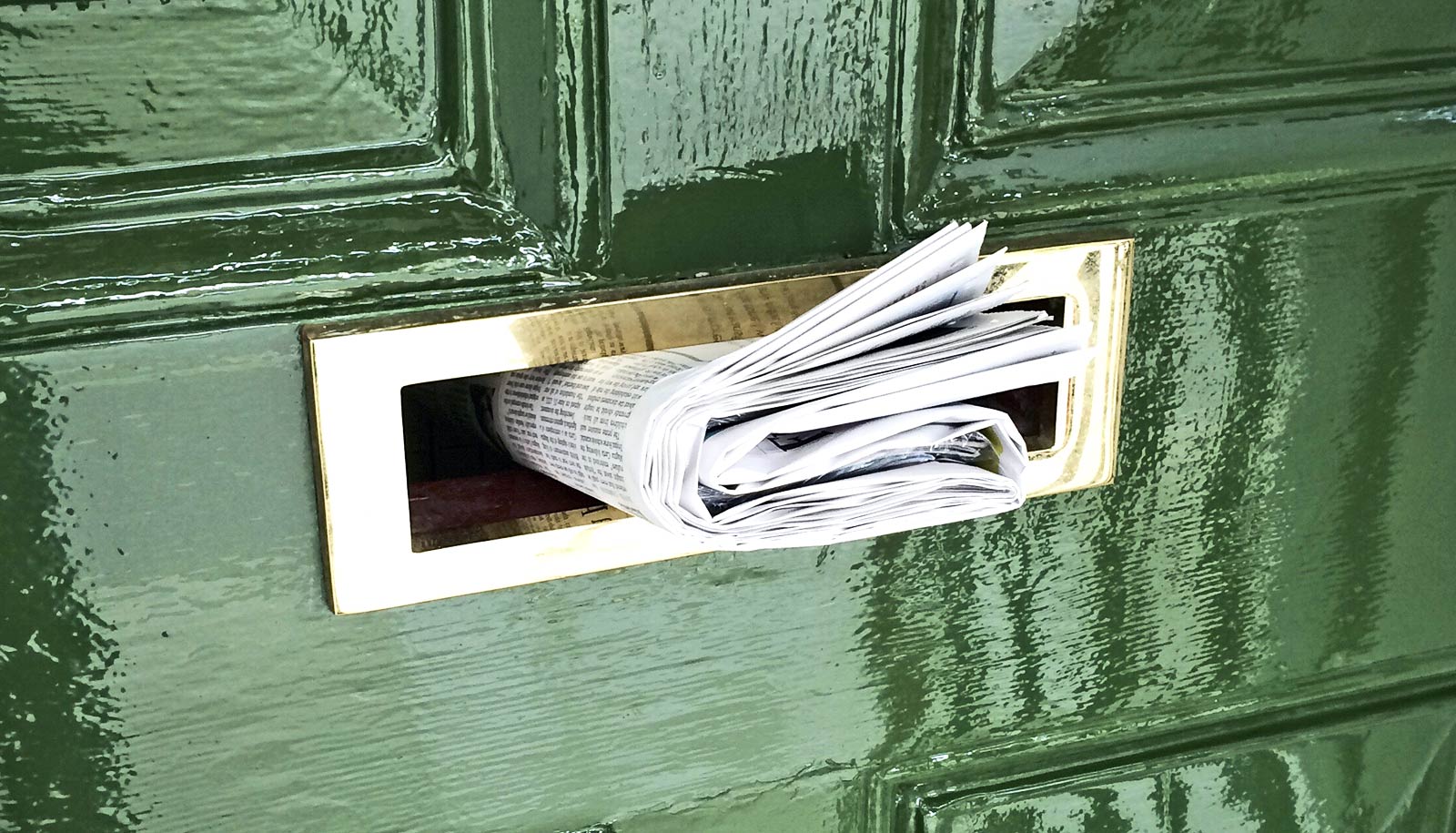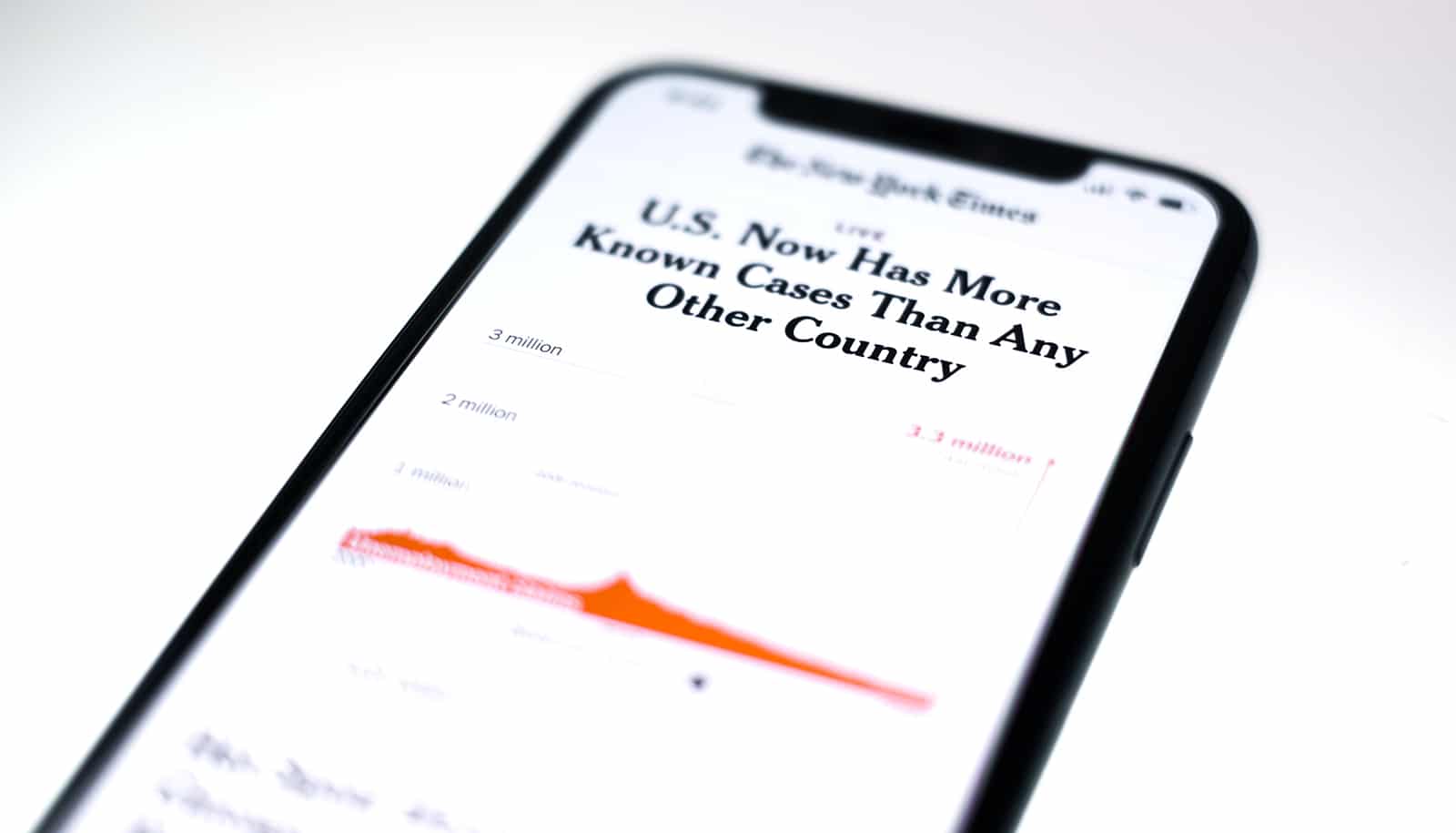Retractions and controversies over coronavirus research show that the process of science is working as it should
Severe scrutiny of two major papers, including one about the effectiveness of hydroxychloroquine, is part of science's normal process of self-correction.
July 6, 2020 • ~9 min



